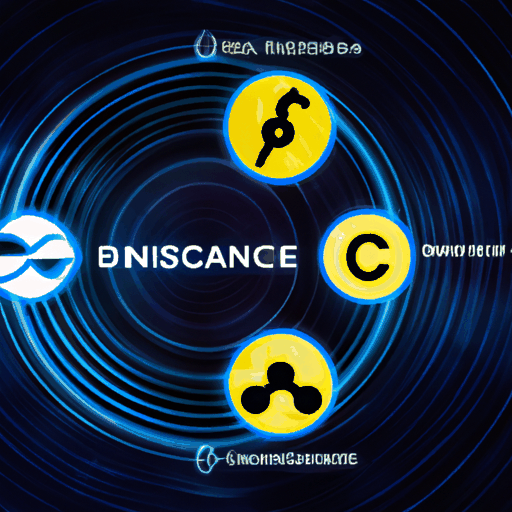
Binance and Circle Forge Partnership To Propel USDC Adoption
By: Eva Baxter
The strategic partnership between Binance and Circle marks a significant development in the landscape of stablecoin adoption. By integrating USD Coin (USDC) into its services, Binance aims to solidify USDC's presence as a notable corporate treasury asset. The collaboration is set to enhance USDC's accessibility and encourage broader adoption among users. Jeremy Allaire, CEO of Circle, emphasized the importance of this alliance, which brings together two prominent industry players to drive forward the next stage of stablecoin adoption and crypto innovation.
Binance, recognized as the largest cryptocurrency exchange by trading volume, plans to make USDC extensively available across its offerings. This initiative targets expanding its use for trading, payments, and savings, providing a seamless experience to its global user base. With Circle's support through technological, liquidity, and tooling resources, Binance's platform will see enhanced user experience, positioning USDC as a preferred choice for new business and financial services ecosystems.
This collaborative move aligns with regulatory trends in the United States, as noted by industry analysts and contributors like Luke Youngblood. The partnership anticipates legislative developments, including potential stablecoin regulations, which could establish US-based issuers like Circle as integral components of the stablecoin ecosystem. This development also comes after Binance's previous discontinuation of USDC in favor of its BUSD, which was phased out in light of regulatory pressures. Consequently, this renewed focus on USDC is a strategic shift towards strengthening Binance's offerings and compliance standards.
Competition in the stablecoin market is anticipated to heat up, particularly with the dominant player Tether's USDT, which boasts a considerable market cap. As Karen Tang from Orderly Network suggested, the rivalry between USDC and USDT could intensify, making this a head-to-head race for market leadership. The influence of this partnership could have meaningful implications for both the ecosystem's development and stablecoin market dynamics worldwide.



